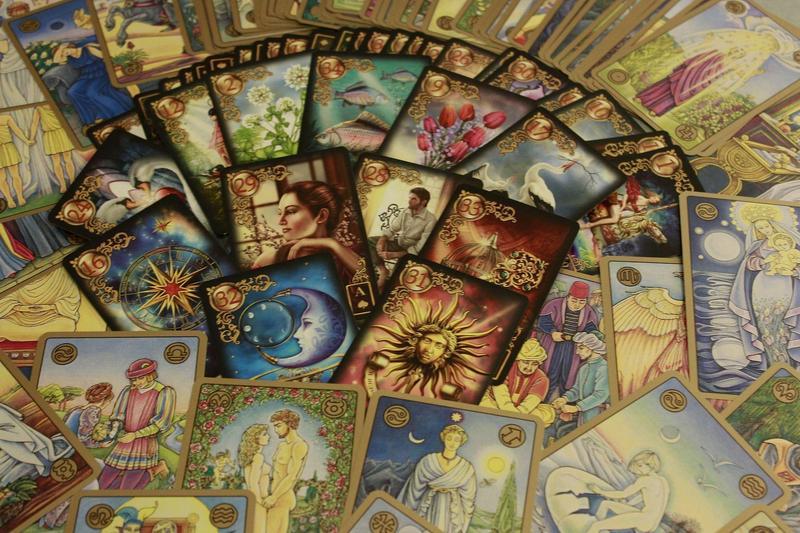The Alchemy of Possibility - The Science of Divination
The Alchemy of Possibility - The Science of Divination
The Alchemy Oracle, like the I Ching and the Tarot, offers the opportunity to consult an oracle, but what does that actually mean - consult an oracle? Carolyn Mary Kleefeld writes, “I think of The Alchemy of Possibility as a way of looking at the elements that compose the occasion of possibility.”
The Alchemy of Possibility presents 56 chapters in the book, or 56 pages on the Alchemy Oracle website. These 56 “readings” describe various elements in the occasion of possibility, much as the 78 cards of the Tarot or the 64 hexagrams of the I Ching describe possible situations in the journey of a human life. It seems obvious that these archetypes of human experience would always be of value to consult, but how does the oracle choose the proper archetypical answer for your particular situation? The question of how an oracle can work has been contemplated by mathematicians, mystics, physicists, artists, psychologists - and indeed, anyone who has tried an oracle and found a useful answer. The mathematician may see a beautiful symmetry. A psychologist may see a synchronistic link to a map of human behavior. Carl Jung was so impressed by the use of chance in the I Ching that he coined the term synchronicity as a way to explain how every detail of a given moment, including the tossing of coins, is connected to the thought you had in that moment. A mystic may see that connection as a result of a supernatural guiding force. A physicist may also see a guiding force, but one perhaps described as quantum variables influencing reality by one’s interaction with a moment in time.
The mechanical process of the oracle is simple to describe. In the moment of asking an oracle a question, our question-asking occurs simultaneously with the possible outcomes of a moment in time. The oracle’s device sorts through the possible answers and “randomly” selects one - whether it be through tossing coins, selecting cards, clicking an online button, or even opening a book to a random page (bibliomancy - how The Alchemy of Possibility was first consulted). I put randomly in quotes in the previous sentence because this is at the center of the question asked by both seekers and skeptics - how does this random outcome present a useful response? This short essay will not attempt to offer an explanation beyond the general thoughts already described, except to suggest that one can also take an oracle at face value. Try the oracle, and see if it seems to work and if you learn something of value. Science traditionally does not have a lot of tolerance for subjective experience, but the bothersome “non-locality” of quantum physics offers a challenge to these traditions.
The online Alchemy Oracle may appear to be just a button to press that opens a page, but the random aspect of the oracle is necessary for the concept of divination to be realized. It turns out that replicating the tossing of a coin in the precise digital realm is not a simple task, but randomness is a valued commodity in the modern world, and so Random Number Generators in digital applications are widely used in:
creating simulations of nature for economic, traffic, physics, and many other models
statistical sampling
cryptography
computer programming
numerical analysis
decision-making through role-playing
recreational game playing
The online Alchemy Oracle uses the random number generator that is hidden inside of your web browsing program. To start off the process, the generator is “seeded” with random data that will help create more random data that will eventually give you an answer. The seed information includes the type of browser you are using, the exact date and time you loaded the Alchemy Oracle website into your browser, how long you took before clicking the “Oracle” button, and depending on your browser, there may be other random data pulled into the algorithm.
A lot of discussion online about randomness centers on degrees of randomness and on the mathematical applications, but some people are debating the concept of randomness itself. In describing the possible explanations for how an oracle can work, one intriguing discussion suggests that randomness is an illusion - that what appears as random order only seems random to us because we are not conscious enough to see the interconnectedness of everything. The oracle, in this view, is simply helping us see some relevant part of an intricate order we normally overlook.
by Richard Rasa For Alchemy Oracle
Be the first to post a message!
